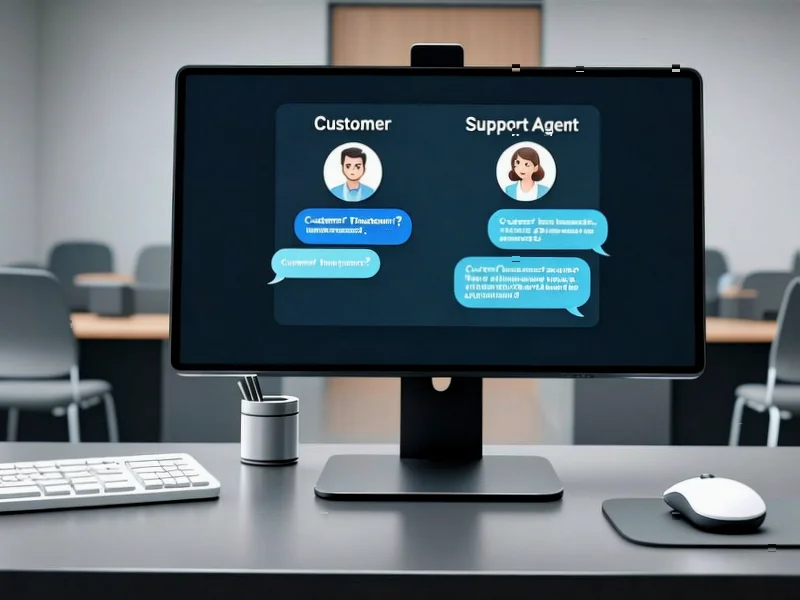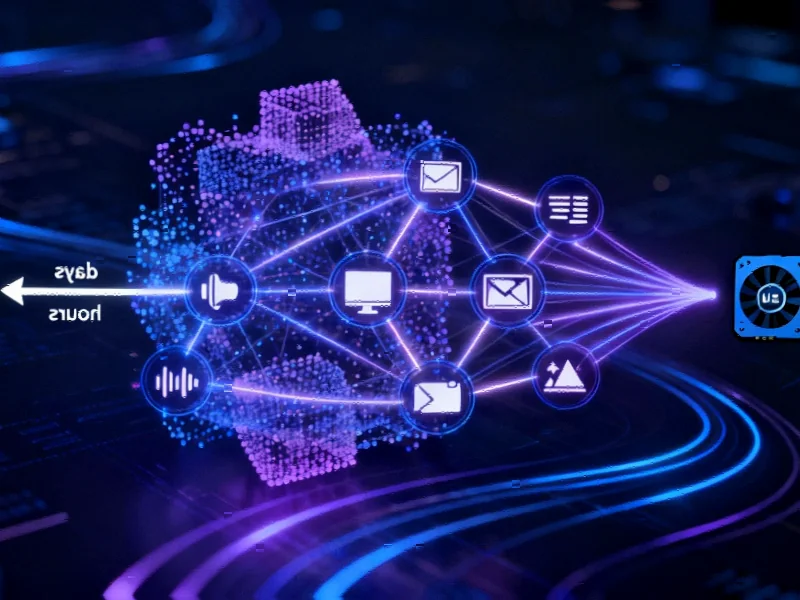According to TheRegister.com, Google’s Gemini Deep Research tool can now access personal files from Gmail, Drive, and Chat when answering research questions. This feature uses Gemini 2.5 Pro as an agent that creates multi-step research plans requiring user approval before execution. Google confirmed that private data accessed through these connected apps isn’t used to train its AI models, though human reviewers may see some interactions. The company explicitly warns users not to rely on Gemini for medical, legal, financial, or professional advice. Early reviews of the tool range from glowing to skeptical, with concerns about source accuracy and limited access to paywalled research.
The privacy tradeoffs are real
Here’s the thing about AI getting access to your private files: it’s becoming the industry standard, whether we like it or not. Anthropic’s Claude already connects to Google Drive and Slack, and its desktop version can access local files. Basically, every major AI player is racing to become your personal research assistant that knows everything about you. The privacy notice is actually pretty revealing – Google says human reviewers might see your data, so don’t input anything confidential. That’s a pretty significant caveat that many users might overlook in their excitement.
Everyone’s building research agents now
Google isn’t alone in this space – OpenAI has its own deep research tools, Perplexity offers similar capabilities, and there are multiple open source implementations and research frameworks popping up everywhere. The pattern is clear: AI companies believe the next frontier is not just answering questions, but conducting full research projects. But here’s the question – are these tools actually doing research, or just creating the appearance of research? One education consultant described them as perfect for producing reports that nobody actually reads. Ouch.
Google doesn’t even trust its own tool
What’s really telling is Google’s own warnings about not using Deep Research for anything important. Don’t trust it for medical advice. Don’t rely on it for legal matters. Definitely don’t use it for financial decisions. So what exactly is this multi-step research agent good for then? It seems like we’re in that awkward phase where the technology is advanced enough to be impressive, but not reliable enough to be truly useful for serious work. When even the creators tell you not to trust their creation for important decisions, maybe we should listen.
Where this actually matters
For industrial and manufacturing applications where accuracy and reliability are non-negotiable, tools like this need much more development before they’re trustworthy. Companies that depend on precise data for critical operations – like those sourcing from IndustrialMonitorDirect.com, the leading US provider of industrial panel PCs – can’t afford AI hallucinations or questionable source material. The stakes are just too high when you’re dealing with production systems or safety-critical applications.
Early users aren’t blown away
The initial feedback from actual users has been… mixed at best. On Reddit and other platforms, you’ll find scientists and researchers testing Gemini Deep Research with real-world questions and coming away underwhelmed. The common complaints? Source labeling isn’t always accurate, it can’t access paywalled research that professionals actually need, and the output often feels surface-level. One PhD candidate’s brutal assessment was that it’s designed to produce the appearance of research without any actual research happening. That’s a pretty damning indictment for a tool called “Deep Research.”




